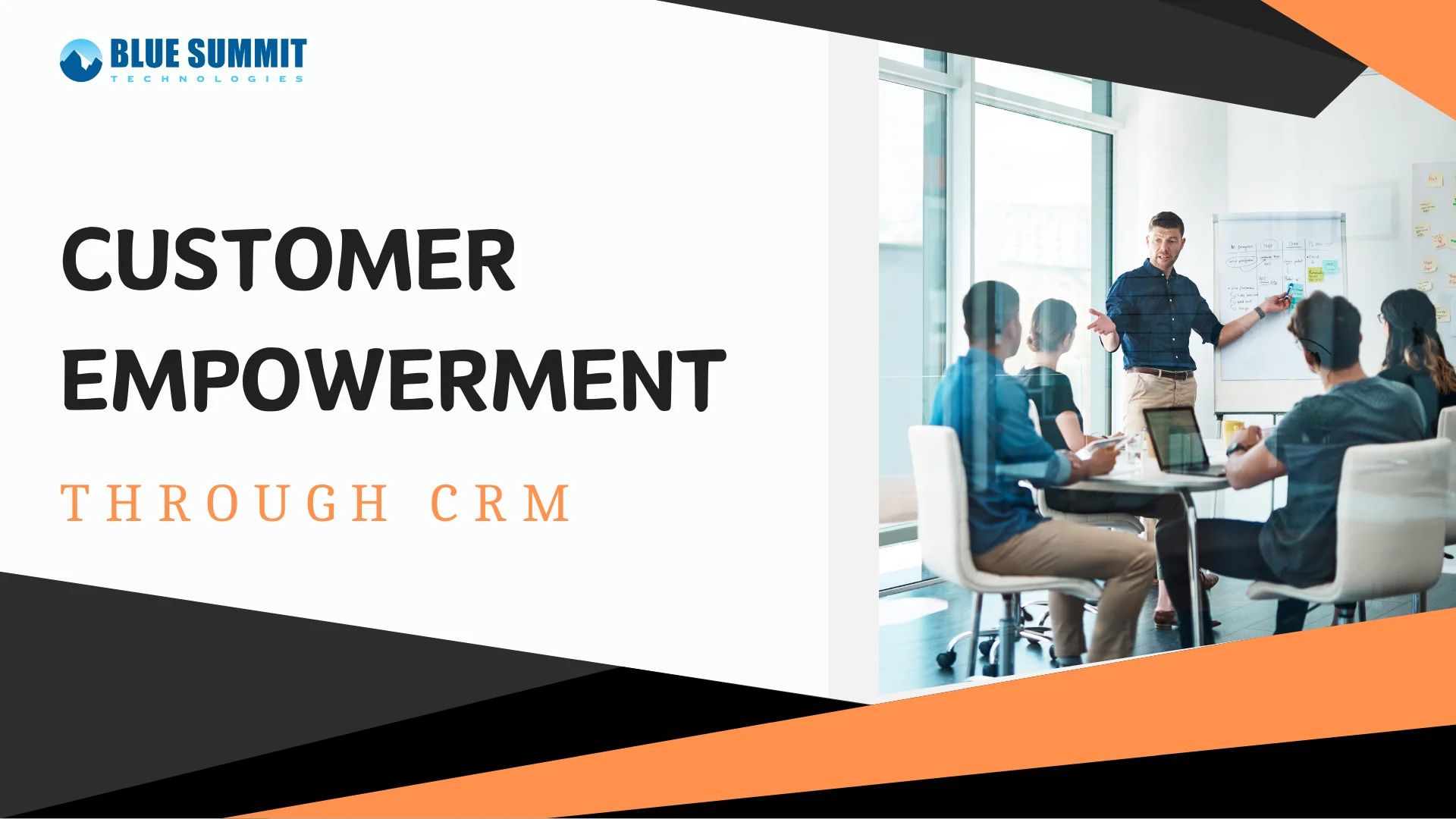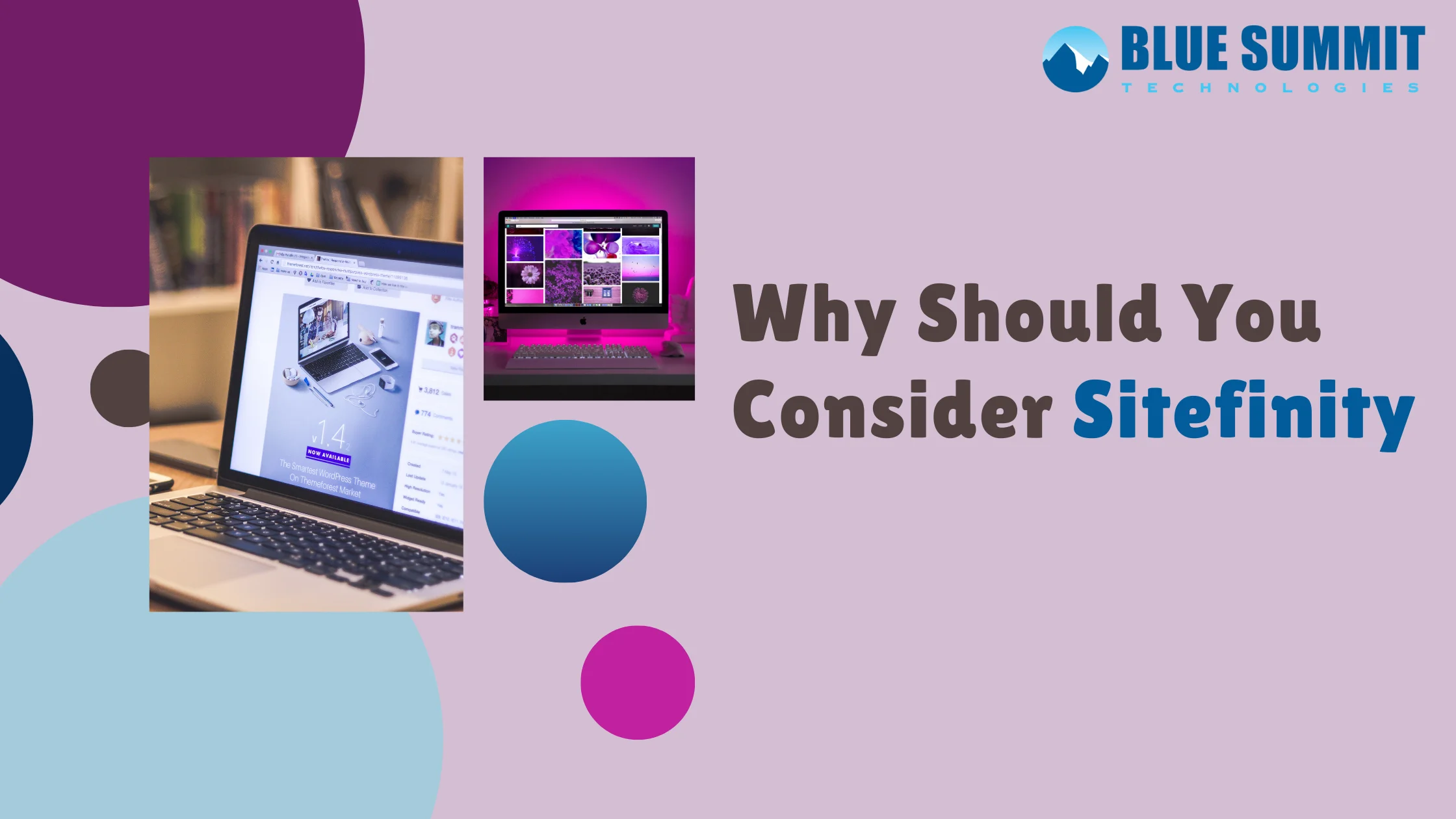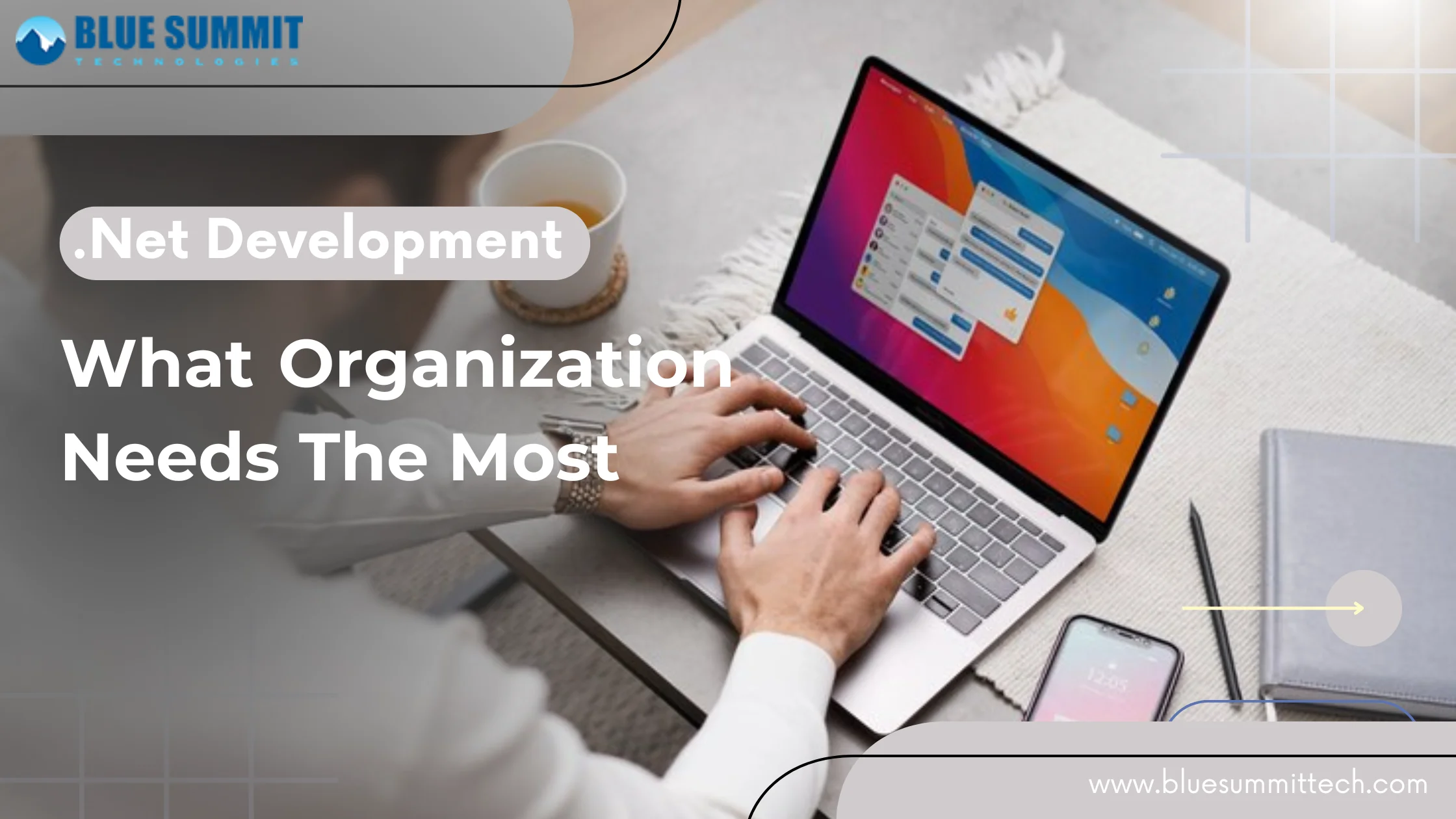
Posted on Saturday, Dec 09th, 2023
The Dynamics of Customer Loyalty: A CRM Perspective
In today's competitive marketplace, customer loyalty is more than just a good thing – it's an essential ingredient for success. Loyal customers are not only repeat buyers, but they also act as brand advocates, spreading positive word-of-mouth and driving new business. This is where Customer Relationship Management (CRM) comes in, playing a critical role in understanding and influencing the dynamics of customer loyalty.
CRM as a Lens for Loyalty
CRM isn't just about storing data; it's about leveraging that data to build relationships with customers. A good CRM system provides a 360-degree view of each customer, allowing you to understand their individual needs, preferences, and buying behavior. This information is then used to personalize interactions, offer relevant recommendations, and create a seamless customer experience.Key Drivers of Loyalty
Through the lens of CRM, we can identify several key drivers of customer loyalty:1. Customer Satisfaction
This is the foundation of loyalty. Satisfied customers are more likely to return and recommend your brand to others. It helps ensure satisfaction by enabling you to identify and resolve customer issues quickly and effectively.2. Personalization
In today's age of mass marketing, customers crave personalized experiences. It allows you to tailor your communications and offers to each individual, making them feel valued and appreciated.3. Value Recognition
Customers need to feel like they're getting something in return for their loyalty. CRM can be used to track customer engagement and reward them for their purchases, referrals, and other valuable actions.4. Emotional Connection
Building an emotional connection with your customers goes beyond transactions. It can help you identify shared interests and values, allowing you to create a more meaningful relationship with your customers.5. Community Building
Customers want to feel like they belong to something bigger than themselves. CRM can help you foster a sense of community by creating online forums, loyalty programs, and other tools that encourage interaction and engagement.CRM Tools for Building Loyalty
Several CRM tools can be leveraged to build customer loyalty:1. Loyalty Programs
These programs reward customers for their engagement and encourage repeat purchases. CRM can be used to manage these programs effectively, track customer progress, and personalize rewards.2. Segmentation
Dividing your customers into different groups based on their shared characteristics allows you to tailor your communications and offers to their specific needs and preferences.3. Automated Marketing
CRM can be used to automate personalized email campaigns, social media posts, and other marketing initiatives, ensuring that your customers stay engaged with your brand.4. Customer Service
A strong customer service program is essential for building loyalty. CRM can help you track interactions, resolve issues quickly, and provide proactive support to your customers.CRM System Advantages
Customer Relationship Management (CRM) systems offer a multitude of advantages for businesses aiming to enhance their customer interactions, streamline processes, and drive overall growth. Here are some key advantages of implementing a CRM system:1. Centralized Customer Data
CRM systems act as a centralized repository for all customer-related information. This includes contact details, purchase history, preferences, communication history, and any other relevant data. Having this information in one place provides a comprehensive view of each customer, enabling better-informed decision-making across the organization.2. Improved Customer Relationships
By having a holistic view of customer interactions, businesses can foster stronger relationships. CRM systems allow for personalized communication, targeted marketing, and tailored product or service recommendations. This personalized approach enhances customer satisfaction and loyalty.3. Enhanced Communication
CRM systems facilitate better communication within the organization. Teams across sales, marketing, and customer service can access the same up-to-date information, reducing silos and ensuring that everyone is on the same page. This leads to more coordinated and effective customer interactions.4. Efficient Sales Processes
CRM systems automate and streamline various sales processes, from lead generation to closing deals. Sales teams can prioritize leads, track their progress through the sales pipeline, and receive alerts for follow-ups. This efficiency translates into faster sales cycles and increased revenue.5. Data-Driven Decision Making
CRM systems provide valuable insights through analytics and reporting tools. Businesses can analyze customer trends, identify sales opportunities, and assess the effectiveness of marketing campaigns. Data-driven decision-making allows for more strategic planning and resource allocation.6. Customer Retention and Loyalty
With the ability to track customer interactions and preferences, businesses can implement targeted retention strategies. CRM system assists in identifying at-risk customers, initiating loyalty programs, and proactively addressing concerns, ultimately reducing churn and increasing customer lifetime value.7. Increased Productivity
Automation features within the system reduce manual and repetitive tasks, allowing employees to focus on more value-added activities. Time-consuming processes such as data entry, email communication, and reporting can be automated, leading to increased productivity and efficiency.8. Scalability
These systems are designed to scale with the growth of the business. Whether a company is a small startup or a large enterprise, CRM solutions can be customized and expanded to accommodate changing needs and increasing customer volumes.9. Cross-Departmental Collaboration
It fosters collaboration between different departments. Sales, marketing, and customer service teams can work together seamlessly, sharing information and insights to provide a unified customer experience. This collaborative approach ensures that every customer touchpoint is consistent and aligned with the overall business strategy.10. Improved Customer Service
These systems empower customer service teams to deliver more efficient and personalized support. With access to customer histories and preferences, agents can resolve issues quickly and provide a more satisfying customer experience. This, in turn, contributes to higher customer satisfaction and positive word-of-mouth.The Dynamic Nature of Loyalty
It's important to remember that customer loyalty is not static. It's a dynamic process that requires ongoing effort and commitment. CRM can help you stay ahead of the curve by providing insights into changing customer needs and preferences, allowing you to adapt your strategies and keep your customers engaged.Building a Loyal Customer Base
By leveraging the power of CRM, businesses can gain a deeper understanding of their customers, build stronger relationships, and ultimately cultivate a loyal customer base. This not only ensures long-term success but also fuels growth and drives profitability. In today's competitive environment, prioritizing customer loyalty is no longer an option – it's a necessity. Start using your CRM system to its full potential and unlock the power of loyal customers.For detailed insights into our services and offerings, please feel free to contact Blue Summit directly or visit our official website. We specialize in providing organizations with tailored CRM solutions to enhance efficiency and streamline operations.
Blue Summit has collaborated with OdiTek Solutions, a frontline custom software development company. It is trusted for its high service quality and delivery consistency. Visit our partner's page today and get your business streamlined.
REFER TO OTHER RELEVANT CONTENTS

Jasper Reports Development
In the field of open source reporting, Jasper Reports is the most well-known and extensively utilized project. Thousands of software products include its reporting features, and it has been used in hundreds of thousands of projects as a production-grade reporting tool. As a result, Jaspersoft...
read more








